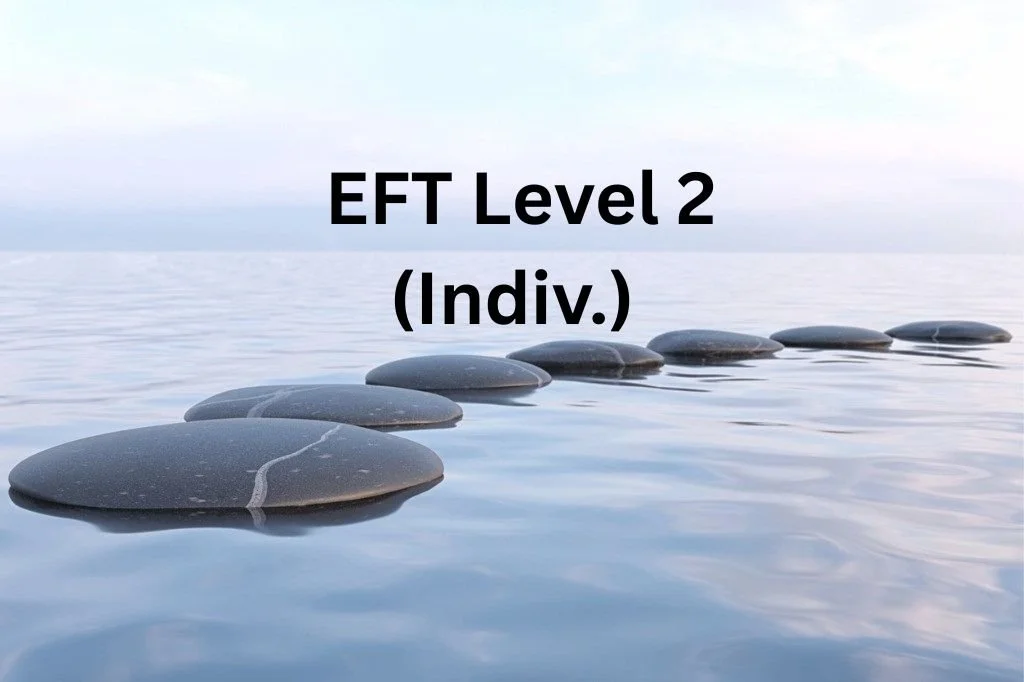Emotion-Focused Therapy for Individuals Level 2 Training: Feb 6th - 9th 2026 (online)
Emotion-Focused Therapy for Individuals Level 2 Training: Feb 6th - 9th 2026 (online)
This intensive 4-day workshop provides participants with intermediate level skills required to work directly with emotions in individual psychotherapy. The workshop will cover case formulation, in depth discussions of self-critical split and unfinished business tasks, and treating both anxiety and depression with EFT. The focus of the program will be experiential, learning how to provide a change in core emotional structures. Participants receive in-depth skill training through a combination of brief lectures, video demonstrations, live modeling, case discussions, and extensive supervised role-playing practice. 26 hours of CE credit available.
EFT-Individuals Level 2 Learning Objectives
Name three emotion change principles
Describe the role that markers play in EFT and give an example of a marker and corresponding task
Assess a client’s emotional productivity using arousal, experiencing, and vocal quality
Describe the difference between symptom-based and process-based case formulation
Name two types of conflict splits and differentiate between them
Introduce the two chair task and get task agreement
Demonstrate activating the critic in a two chair task
Describe task resolution in a two chair task
Define “unfinished business”
Provide two examples of an unfinished business task marker
Describe the purpose of the unfinished business task
Introduce the two chair task and get task agreement
Demonstrate evoking the presence of the other, getting contact, and evoking the client’s reaction to first contact with the other
Describe resolution of the UFB task
Name the elements of MENSIT and explain how to use this tool in case formulation
Name the core fear underlying 75% of cases of depression.
Identify one difference when using EFT with socially anxious clients
Describe the focusing attitude

